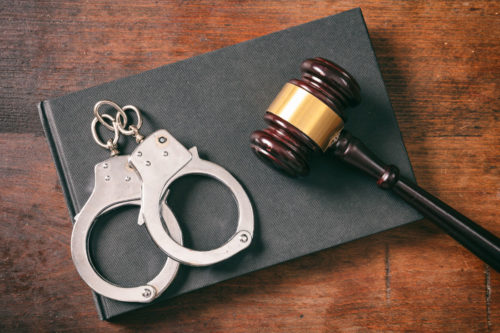
Generally speaking, for law enforcement officers to make an arrest or obtain an arrest warrant from a judge, they must establish probable cause. This is an abstract concept, so New Jersey courts usually determine this on a case-by-case basis. Additionally, this may cause actions against you that would otherwise violate your constitutional rights, so you must understand the laws surrounding this to best protect your rights. Continue reading to understand when law enforcement can make an arrest using probable cause and how one of the experienced Middlesex County criminal defense attorneys at the Law Office of Michael A. Policastro can help your case.
How does the state of New Jersey define probable cause?
Put simply, probable cause means that a law enforcement officer has reason to believe that you are doing something illegal. This comes into play in the following situations:
- A law enforcement officer is going to make an arrest.
- A law enforcement officer is going to pull you over while driving.
- A law enforcement officer is going to stop you on the street and search you.
- A law enforcement officer is going to search your vehicle after a stop.
- A law enforcement officer is going to search your home.
What is an example of when probable cause does and does not apply?
As mentioned above, a law enforcement officer can stop your vehicle only when they have reason to believe that you have violated a law. However, some exceptions apply. For example, if your vehicle stop was unnecessary, but a law enforcement officer followed the procedure for setting up a DWI checkpoint under New Jersey law, you can still be legally charged with a DWI. For further information on this, consult with a Middlesex County DWI attorney today.
How can law enforcement establish probable cause?
To establish probable cause for an arrest or an arrest warrant, a law enforcement officer must prove to the New Jersey court that there were objective circumstances leading them to believe that you committed a crime. The judge will then examine this same information, and if they disagree, then probable cause cannot be established. It is important to note that, in this case, probable cause may have existed at the time of your arrest even if the judge ultimately finds you innocent.
The measurement for probable cause must be more than a mere suspicion that you committed the crime. However, it should be less than a preponderance of the evidence, which requires proof that a fact is more likely than not to be true, at more than 50 percent, and is the typical standard for deciding civil cases. is the typical standard of information for proving guilt beyond a reasonable doubt in civil cases.
Contact our experienced New Jersey firm
No matter your circumstances, if you are facing criminal charges, contact the Law Office of Michael A. Policastro today for the experienced legal counsel you deserve and need.